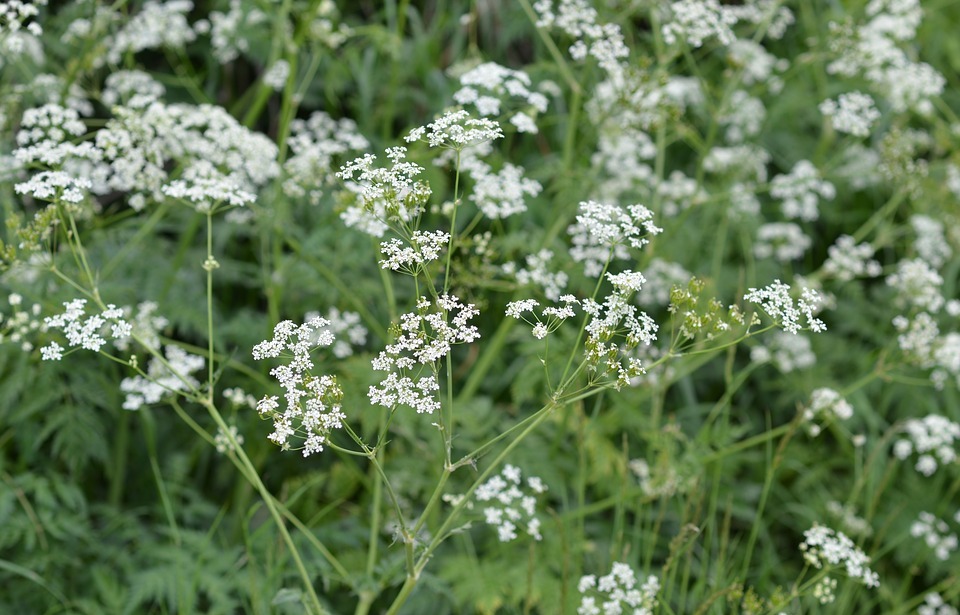This article will delve into the question of whether dogs can safely enjoy pistachios, a popular nut snack for humans. We will explore the potential benefits and risks associated with pistachio consumption for dogs, including the nutritional content of pistachios, the potential for choking hazards, and the possibility of toxic reactions. We will also discuss the different types of pistachios available, the best way to prepare pistachios for your canine companion, and common symptoms of pistachio toxicity in dogs. Finally, we will answer frequently asked questions about dogs and pistachios to help you make informed decisions about your dog’s diet.
Part 1: The Nutritional Value of Pistachios

1.1. A Look at the Nutritional Content
Pistachios are a good source of various nutrients, including:
- Protein: Pistachios provide a decent amount of protein, which is essential for muscle growth and repair. They offer about 6 grams of protein per 100 grams, which is comparable to other nuts like almonds.
- Healthy fats: Pistachios are rich in monounsaturated and polyunsaturated fats, which are beneficial for heart health. These fats contribute to a good cholesterol profile and can help reduce the risk of cardiovascular disease.
- Fibre: Pistachios contain fibre, which can help regulate digestion and prevent constipation. The fibre content contributes to gut health and supports a healthy digestive system.
- Vitamins and Minerals: Pistachios are a good source of vitamins such as vitamin E, a powerful antioxidant, and minerals such as potassium, which supports blood pressure regulation, and magnesium, which is involved in energy production.
1.2. Potential Benefits for Dogs
While pistachios can offer some nutritional benefits, it is crucial to remember that they are not a core part of a balanced canine diet. The occasional treat might provide a boost of certain nutrients, but it is not a substitute for a complete and balanced commercial dog food. The benefits of the nutrients found in pistachios are already present in commercially available dog foods formulated for a dog's specific needs.
Part 2: Risks Associated with Pistachios

2.1. Choking Hazard: A Real Concern
The small size and hard shell of pistachios make them a choking hazard for dogs, particularly smaller breeds. The shell can easily lodge in the throat, leading to difficulty breathing and potentially life-threatening situations. Even if the shell doesn't get stuck in the throat, it can cause discomfort and digestive issues if swallowed whole.
2.2. Potential Toxicity: Aflatoxin and its Impact
Pistachio shells contain a substance called aflatoxin, which is a type of mycotoxin produced by fungi. Aflatoxin can be toxic to dogs, potentially causing liver damage and other health issues. While the amount of aflatoxin in a few pistachios is unlikely to cause significant harm, it is best to err on the side of caution and avoid feeding your dog pistachios altogether.
2.3. Salt and Additives: A Double Whammy
Many commercially available pistachios are salted or flavoured with other additives that can be harmful to dogs. Excess salt can lead to dehydration, vomiting, and diarrhoea, while other additives can cause stomach upset and allergic reactions.
2.4. Digestive Issues: A Potential Concern
Even if the nuts are unsalted and unflavoured, pistachios can still be difficult for dogs to digest, especially in large quantities. Their high fat content can lead to digestive upset, such as diarrhoea or vomiting.
Part 3: Types of Pistachios

3.1. Roasted Pistachios: Flavourful but Not Ideal
Roasted pistachios are the most common type of pistachios available. They are often salted and seasoned with other flavours. While they can be tasty, roasted pistachios are generally not recommended for dogs due to the added salt and potential for choking hazards.
3.2. Raw Pistachios: The Healthier Choice, but Still Risky
Raw pistachios are unroasted and unseasoned. They are a healthier option than roasted pistachios, but they still contain aflatoxin and pose a choking hazard. The raw nuts also have a higher fat content compared to roasted ones, which can exacerbate digestive issues.
3.3. Shelled Pistachios: Convenience with a Catch
Shelled pistachios are a convenient option as they have already been removed from their shells. However, shelled pistachios still pose a choking hazard, and it is essential to supervise your dog while they are eating them.
Part 4: Preparing Pistachios for Your Dog (Not Recommended)
It is highly advisable to avoid giving your dog pistachios altogether. However, if you decide to offer them as an extremely occasional treat, follow these steps:
4.1. Choose Unsalted and Unseasoned Pistachios: The Safest Option
If you decide to give your dog pistachios, opt for unsalted and unseasoned raw pistachios. These are the least likely to cause health problems.
4.2. Remove Shells and Break into Smaller Pieces: Minimising Choking Risks
Before giving pistachios to your dog, remove the shells and break the nuts into smaller pieces to reduce the choking risk.
4.3. Moderation is Key: A Treat, Not a Meal
Even with careful preparation, pistachios should only be given as an occasional treat in moderation. A small number of broken pieces (no more than a few) can be offered as a special treat.
Part 5: Signs of Pistachio Toxicity in Dogs: Watch for These Symptoms
5.1. Watch for These Symptoms: Early Detection is Crucial
If your dog has ingested pistachios, watch out for these symptoms of toxicity:
- Vomiting
- Diarrhoea
- Loss of appetite
- Lethargy
- Abdominal pain
- Yellowing of the eyes or gums (jaundice)
5.2. Seek Veterinary Attention: Prompt Action is Essential
If you notice any of these symptoms, contact your veterinarian immediately. Prompt medical attention is essential to prevent serious complications.
Part 6: FAQs About Dogs and Pistachios
6.1. Can puppies eat pistachios?
Puppies are even more susceptible to choking hazards than adult dogs. It is strongly advised to avoid giving pistachios to puppies altogether.
6.2. Are pistachio shells toxic to dogs?
Pistachio shells contain aflatoxin, which can be toxic to dogs. Additionally, the shells can cause choking and digestive problems.
6.3. What if my dog eats a whole pistachio?
If your dog ingests a whole pistachio, monitor them closely for any signs of choking or toxicity. If you are concerned, contact your veterinarian.
6.4. How do I prevent my dog from eating pistachios?
Keep pistachios and other nuts out of reach of your dog. Securely store them in airtight containers and dispose of empty pistachio shells properly. Teach your dog a "leave it" command and reinforce it when you are around snacks.
6.5. What are some safe alternatives to pistachios for my dog?
There are many safer and healthier alternatives to pistachios for your dog, such as:
- Apple slices
- Carrot sticks
- Cucumber slices
- Peanut butter (xylitol-free)
- Dog-specific treats
6.6. Can I give my dog pistachio flavouring?
Pistachio flavouring often contains artificial colours, sweeteners, and other additives that can be harmful to dogs. It is best to avoid giving your dog pistachio-flavoured products.
Part 7: Conclusion
In conclusion, while pistachios can offer some nutritional value, they pose a number of risks for dogs, including choking hazards and potential toxicity. The safest course of action is to avoid feeding pistachios to your dog altogether. If you are looking for a healthy and safe treat for your canine companion, there are plenty of alternatives available. Always consult with your veterinarian before introducing any new food or treats to your dog's diet.
Everyone is watching
-

Can Dogs Eat Bananas? A Guide to Safe Treats
DOGS & PUPPIESThis comprehensive guide will delve into the world of canine nutrition, focusing on the popular question: can ...
-

Can Dogs Eat Oranges? (Is It Safe or Toxic?)
DOGS & PUPPIESThis article delves into the question of whether dogs can safely consume oranges. We'll explore the nutrition...
-

Can Dogs Eat Grapes? The Shocking Truth About This Fruit
DOGS & PUPPIESThis article delves into the controversial topic of grapes and dogs, exploring the potential dangers associate...
-

Why Do Dogs Eat Poop? Understanding Coprophagia in Dogs
DOGS & PUPPIESThis article delves into the perplexing phenomenon of coprophagia, the act of eating faeces, in dogs. We explo...
-

Can Dogs Eat Shrimp? A Guide to Safety and Risks
DOGS & PUPPIESThis comprehensive guide dives into the world of shrimp and dogs, exploring the potential benefits and risks a...
